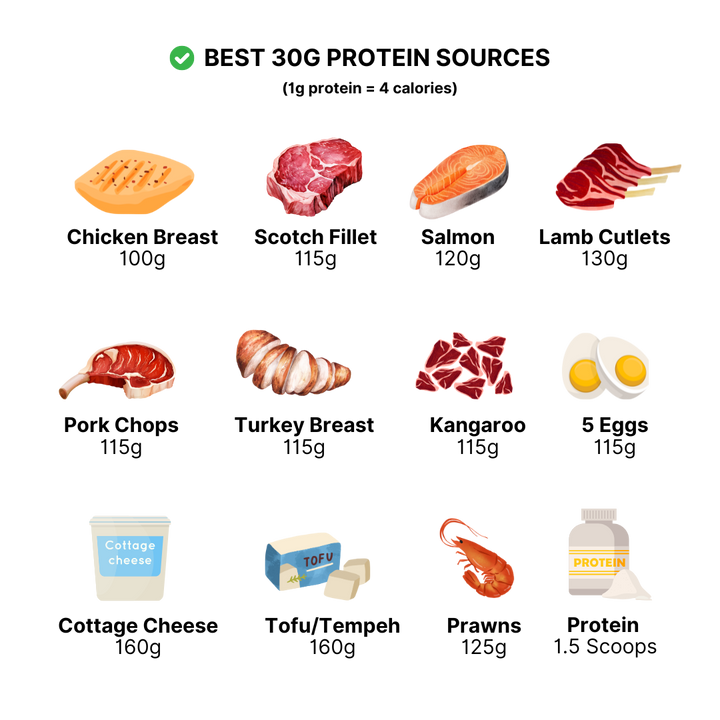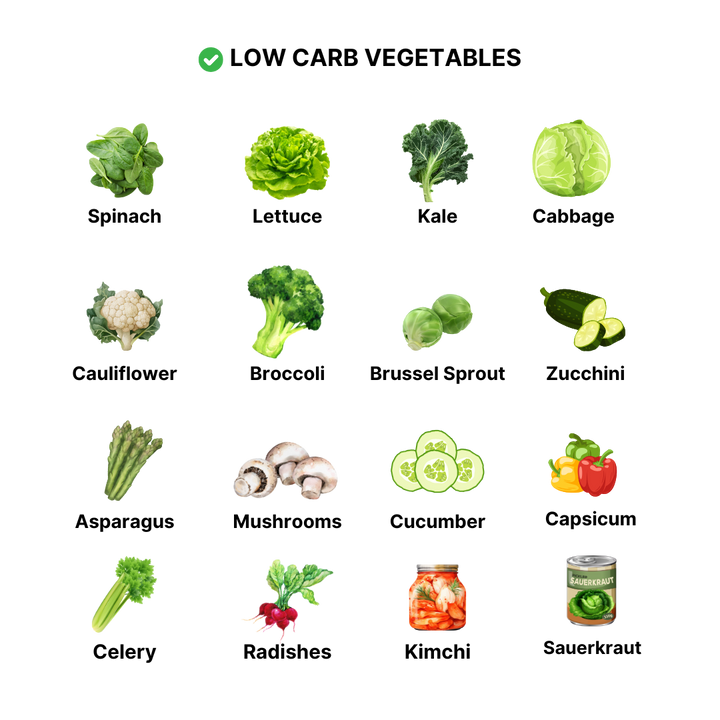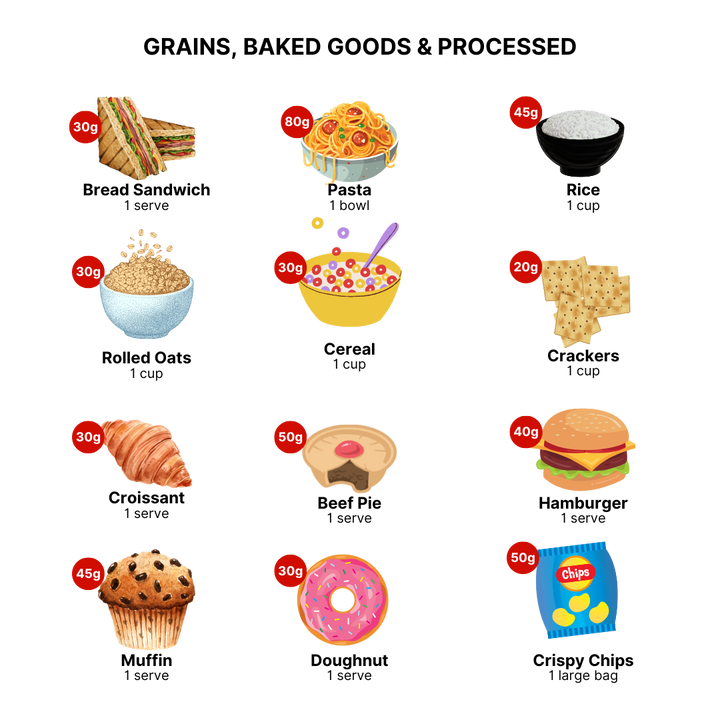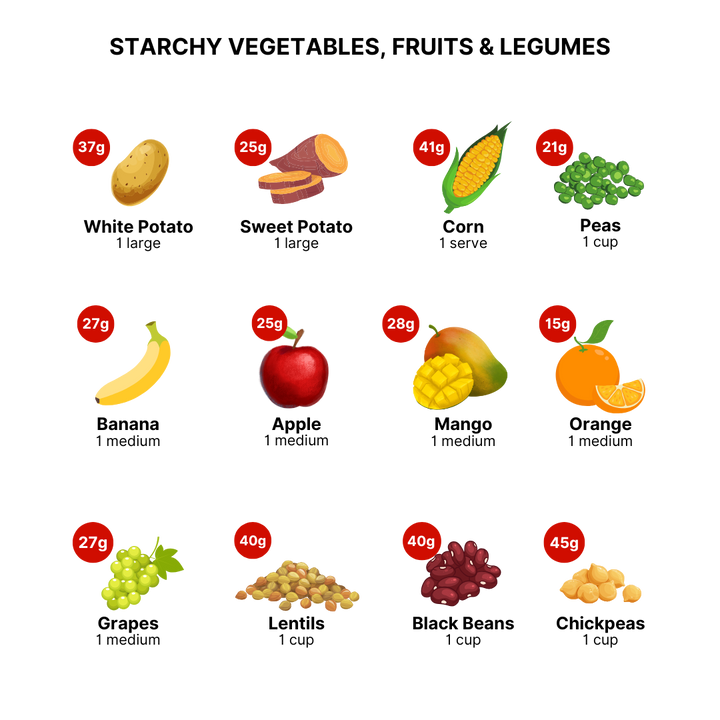Follow a Low-Carb, High-Fat Diet: A keto or low-carb diet reduces insulin resistance, a key factor in PCOS belly fat. Focus on whole, unprocessed foods like leafy greens, lean protein, healthy fats, and low-GI fruits.
Exercise Regularly: Combine strength training to build muscle and low-impact cardio (like walking or swimming) to burn fat and improve insulin sensitivity.
Manage Stress: High cortisol levels from stress can promote belly fat storage. Use techniques like yoga, mindfulness, or meditation to lower stress levels.
Prioritise Sleep: Poor sleep increases hunger hormones and worsens insulin resistance. Aim for 7-8 hours of quality sleep each night.
Consider Supplements: Inositol, omega-3 fatty acids, and magnesium can support insulin sensitivity and hormone balance, helping reduce abdominal fat.
Stay Consistent: Changes in diet, exercise, and stress management can take time, but consistency leads to lasting results.























